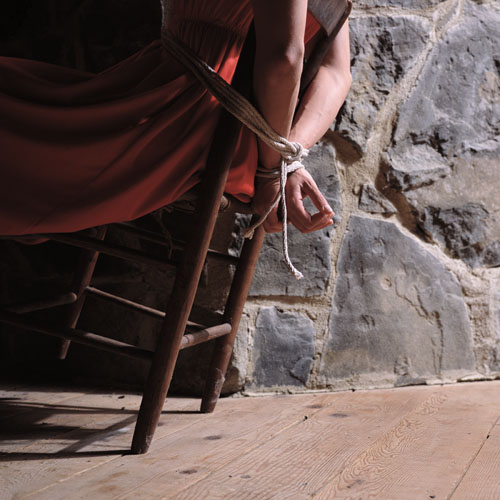
Is the government attempting to impede the quest for justice of torture victims, asks Richard Scorer
In the aftermath of 9/11, western countries embarked on a “war on terror”. Many argue that this war led to some western governments, including our own, becoming complicit in the torture of terrorist suspects. Subsequent civil litigation against the British government, including damages claims by torture victims, has thrown a spotlight on these covert activities.
State accountability
On one view, the damages claims have exposed serious state wrongdoing and as such, have reaffirmed the essential role of civil justice in ensuring state accountability. A contrary view is that these cases have potentially prejudiced security co-operation with friendly foreign governments, such as the US, putting us all at greater risk. This debate lies behind the recently published Justice and Security Bill which makes “closed material procedures” (CMPs) available across the civil justice system and seeks to abolish the Norwich Pharmacal Order (NPO) in cases involving the security services. These are major changes to our legal





.tmb-mov69x69.jpg?sfvrsn=961ae4db_1)
95ca96e3d47f4eff8d147c4f0df17c77.tmb-mov69x69.png?sfvrsn=3db5d86b_1)

